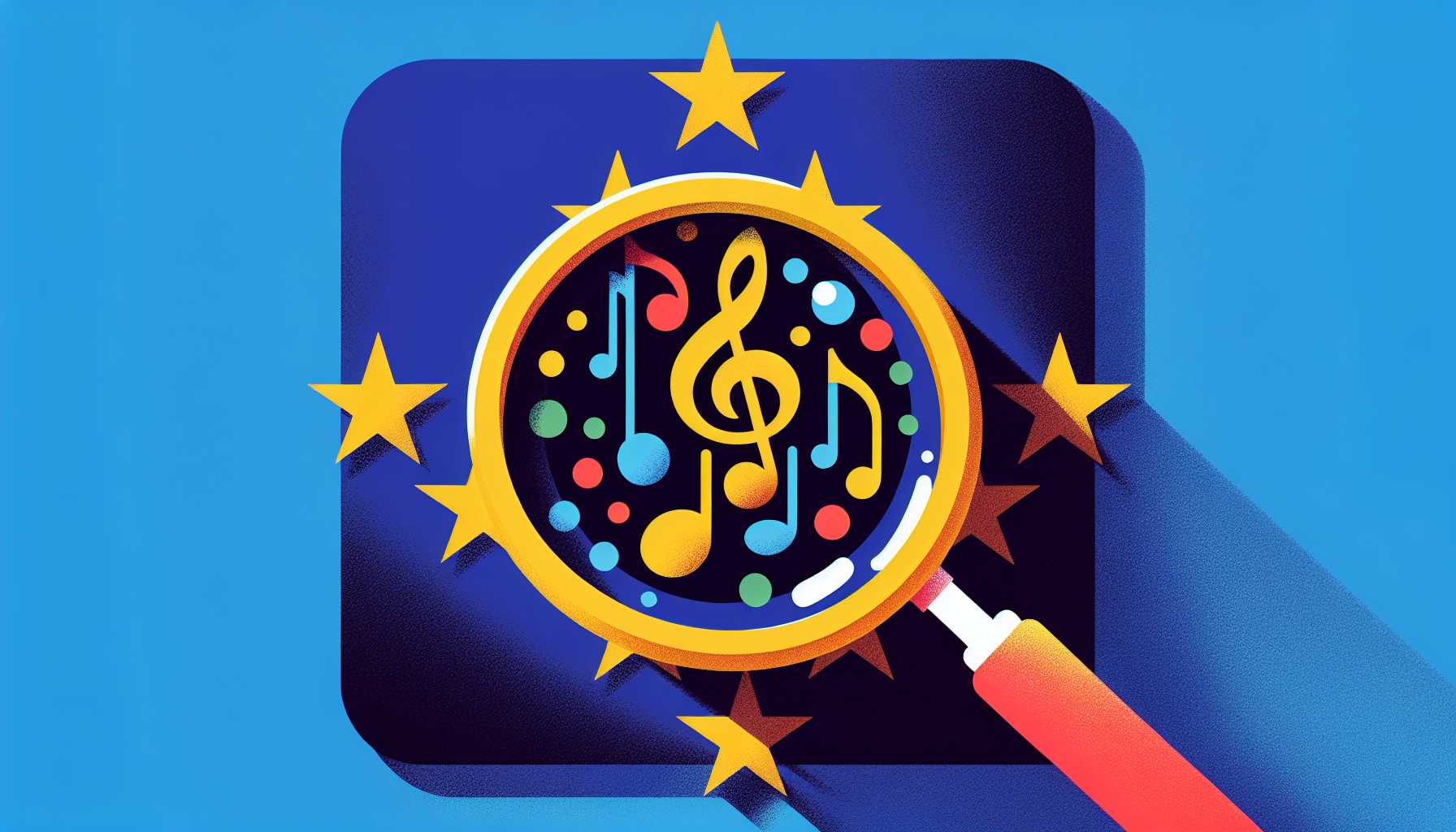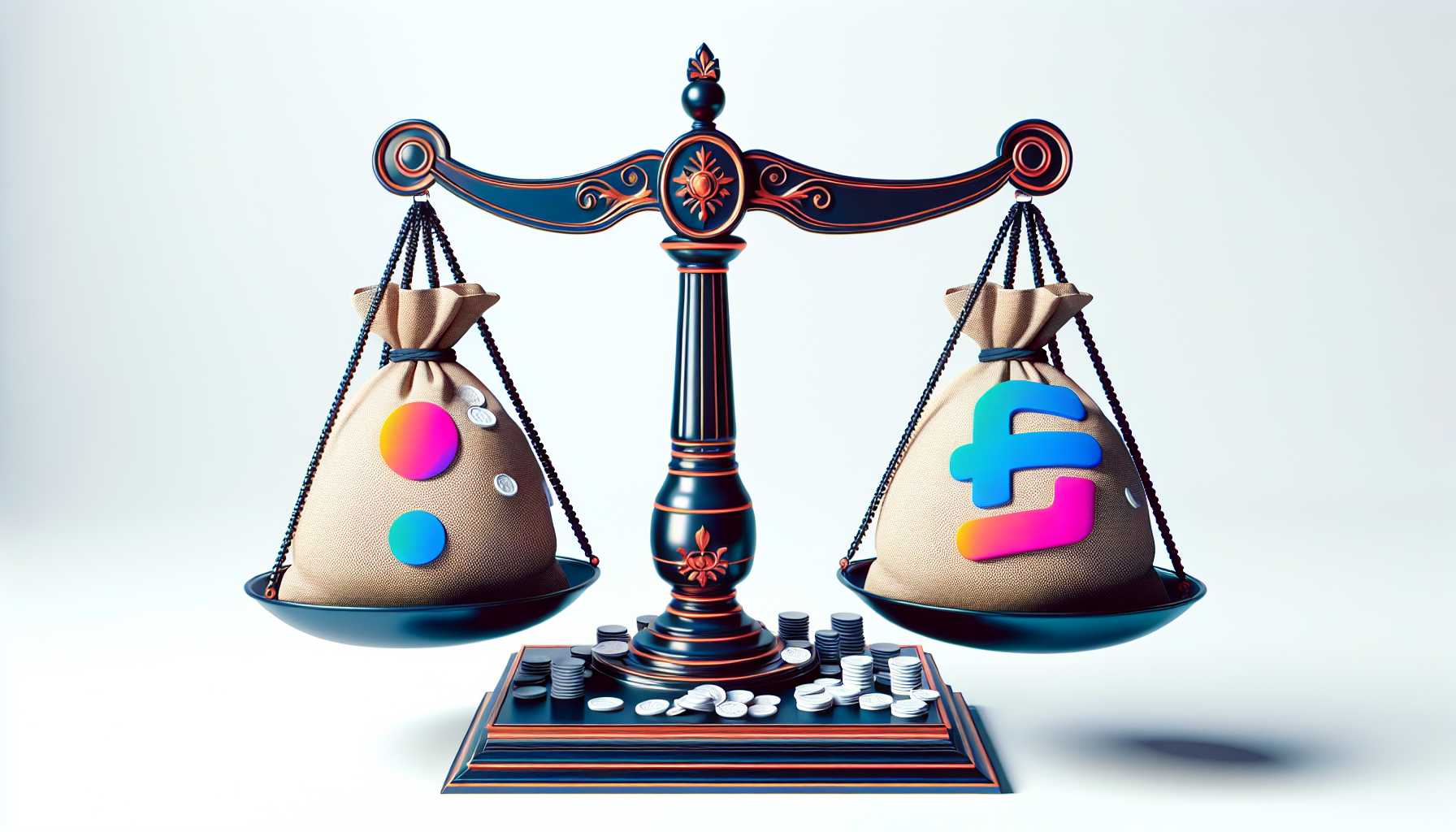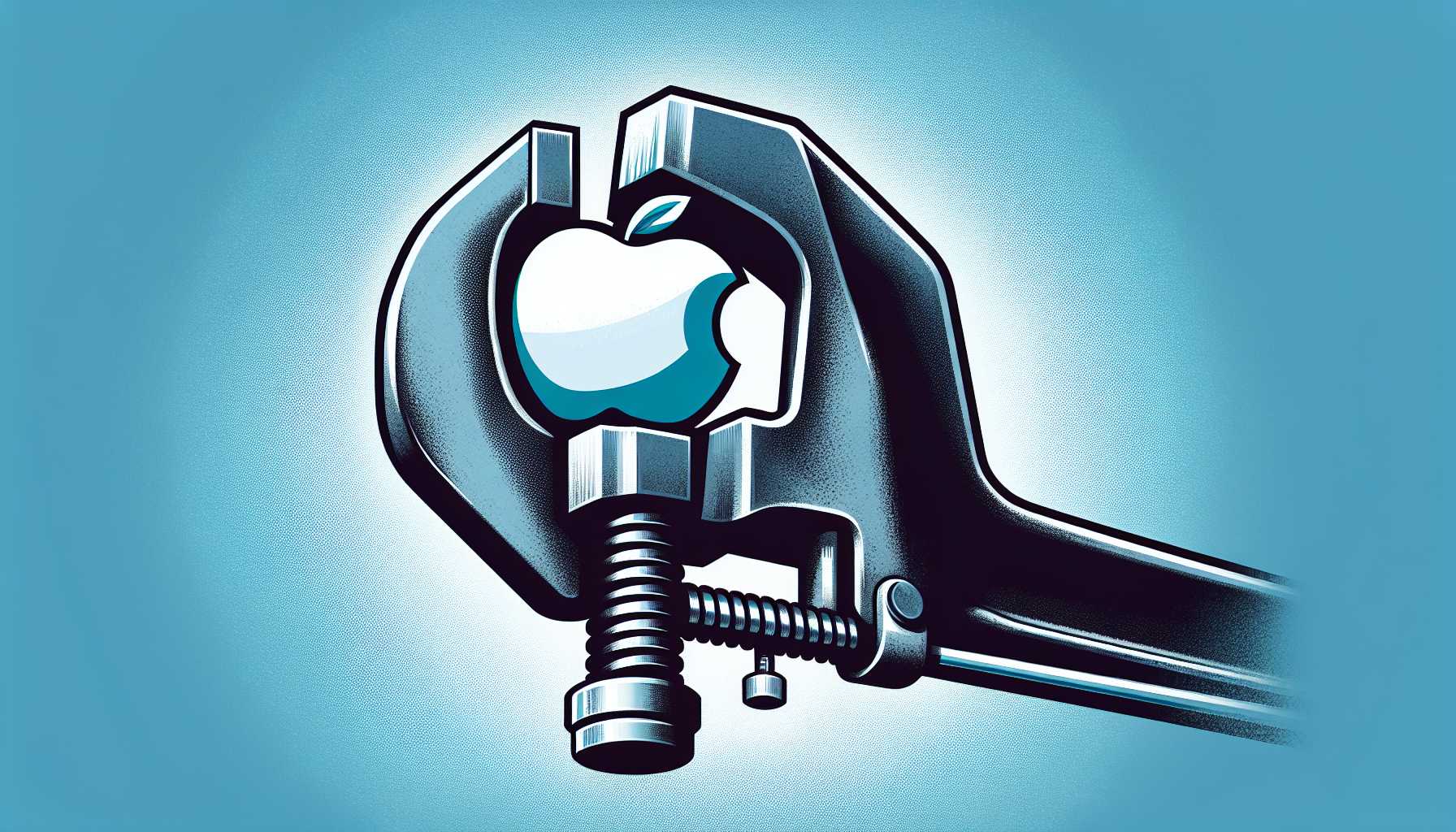As the digital age continues to unfurl its complex tapestry of innovation and intrigue, the power of platforms like TikTok in shaping the social fabric is becoming starkly evident. The European Union, fervently working to uphold its Digital Services Act (DSA), has locked its sights on TikTok, initiating a formal investigation into the social giant’s compliance—or lack thereof—with stringent online governance and content moderation rules. Through this deep dive, I’ll guide you through the labyrinth of regulations, alleged infractions, and the broader implications for privacy, safety, and indeed the very integrity of our digital ecosystems.
Child Safety in the Crosshairs: The Privacy of Minors on TikTok
At the heart of the EU’s formal probe lies a profound concern for the vulnerability of our youngest digital denizens. TikTok, a cultural phenomenon and digital playground for millions, is under intense scrutiny for how it guards the gates against harmful content and ensures that the sanctity of children’s privacy remains inviolate. This focus illuminates a broader conversation about the responsibility of tech mammoths in safeguarding the digital wellbeing of users, especially those not yet old enough to fully grasp the ramifications of their online footsteps.
The Addiction Algorithm: Are We Puppets in the Play?
Beyond the protection of minors, the investigation casts a glaring spotlight on the intricate algorithms potentially fueling addiction and leading users down proverbial rabbit holes. TikTok’s “For You Page,” a source of endless personalized content, must now justify its existence within the boundaries of ethical design. The balancing act between engagement and entrapment is a tightrope walk the EU is unwilling to ignore, for it touches upon the very core of our freedom of choice and agency within the digital expanse.
Spotlight on Transparency: Peering Behind the Curtain of Advertising
Transparency in digital advertising is another chapter in the EU’s meticulous examination of TikTok. The ability for researchers to access and scrutinize publicly available data is not just a nicety—it’s enshrined in the articles of the DSA. TikTok’s commitment to an accessible repository for advertisements adds another layer to the discourse on the clarity and honesty of promotional activity online, a matter of paramount importance in an age where consumer manipulation lurks behind every click.
The Penalties: A High-Stakes Game for Global Turnover
As TikTok’s maelstrom of media intrigue swirls, the financial implications loom large. With penalties for DSA breaches scaling up to 6% of global annual turnover, the stakes are astronomical and signal a decisive move from the EU to assert its digital governance without hesitation or favor. This hardline stance is a beacon for accountability in the tech sector, pushing platforms to align their innovations with the moral compasses of the territories they serve.
Parallel Probes and Antitrust Woes: The Tightening Tech Reigns
TikTok isn’t the sole platform feeling the pressure. Recent probes into Apple’s stranglehold on the music streaming market and the EU’s impending fine attest to a broader crackdown on anticompetitive behavior. This rigorous enforcement of the DSA—and similar legislation across the globe—ushers in a new era of compulsory fairness that benefits not just consumers but the entire ecosystem of the tech industry by fostering true competition and innovation.
Challenging Deepfakes and Protecting Democracy
The emergence of AI-generated content, specifically deepfakes, presents another battleground for democracy and truth in the digital realm. Google and other industry titans are now banding together to stem the tide of disinformation that threatens to subvert the very foundational essence of free societies around the globe. These collaborative efforts underscore the tech industry’s recognition of its role as gatekeeper and defender against the digital dark arts of data manipulation.
In summary, the European Union’s investigation into TikTok is a vivid illustration of the growing tension between rapid tech innovation and the imperative need for robust regulation. As our lives become increasingly intertwined with digital threads, it is more important than ever to ensure that the fabric of our online existence is woven with integrity, safety, and transparency. The EU’s formal probe is not just a check against one company, but a clarion call for responsible digital stewardship across the tech industry. Let’s keep our eyes peeled and our minds open as we eagerly await the outcome of this critical inquiry, with the hope that it will lead to a safer, fairer, and more equitable online world for all







